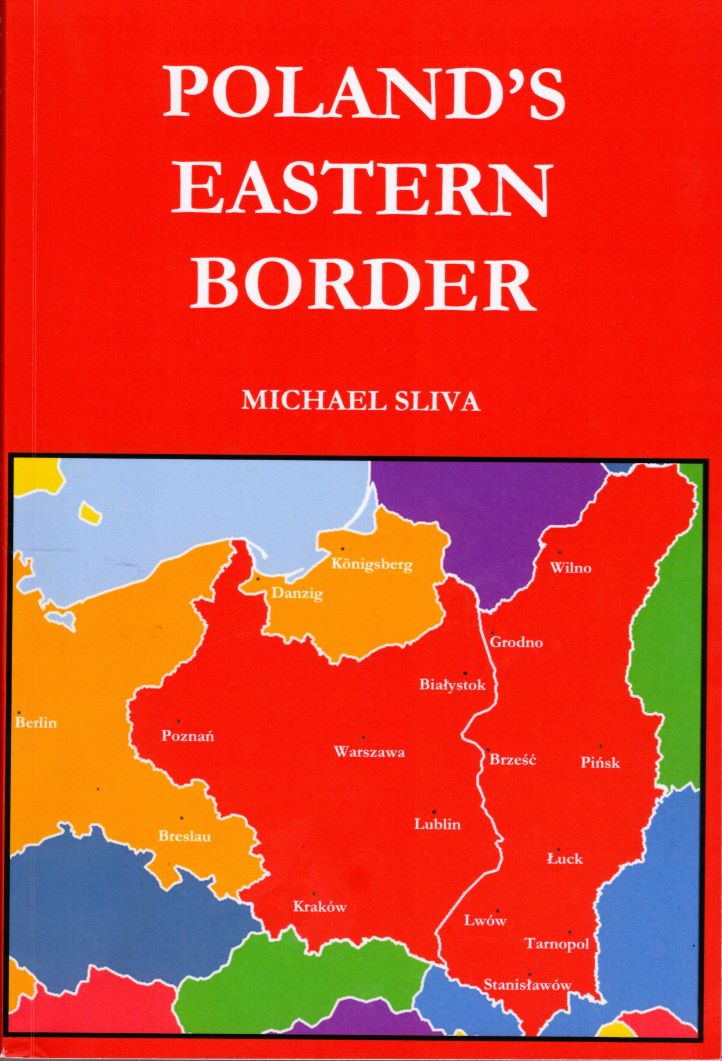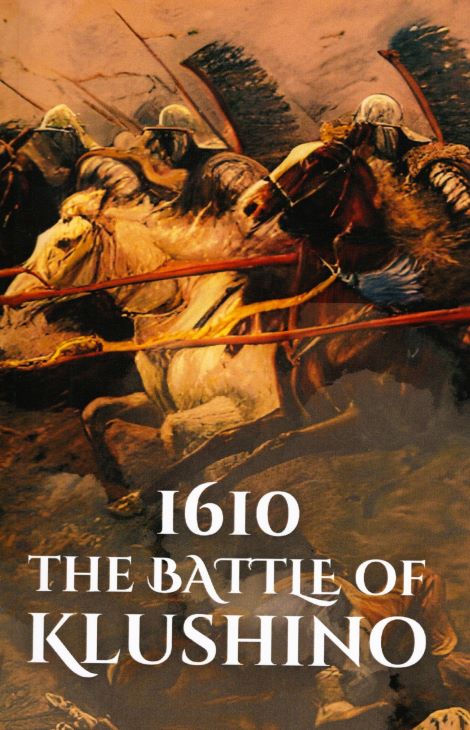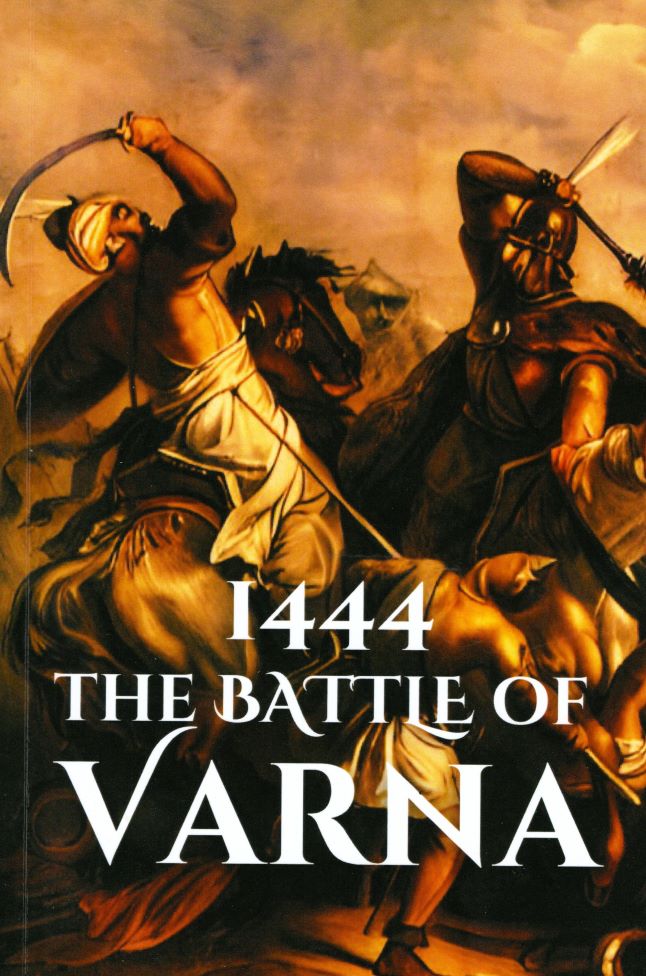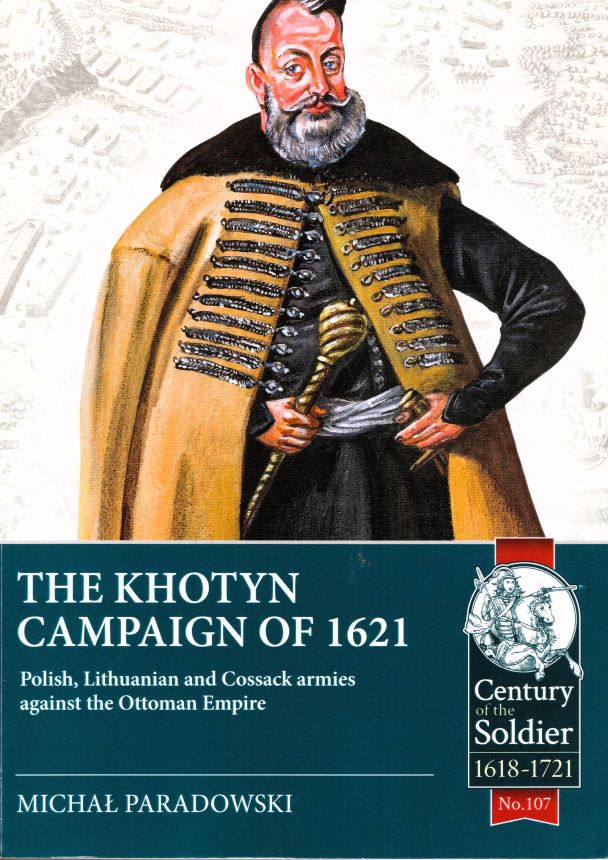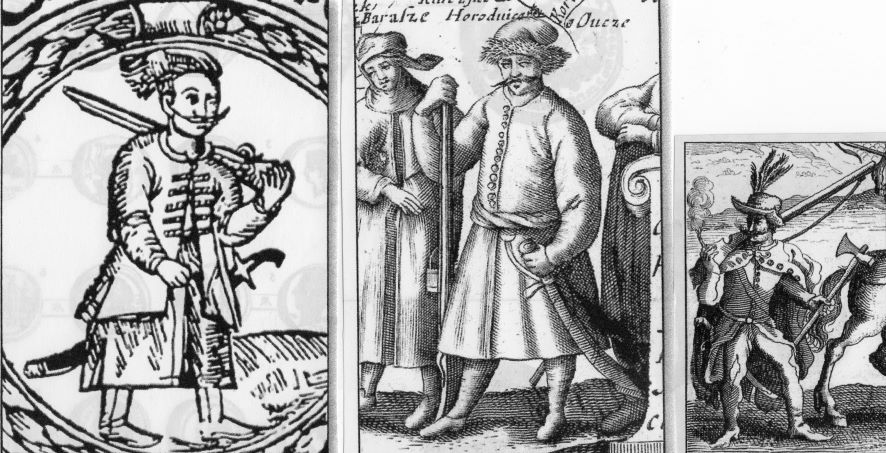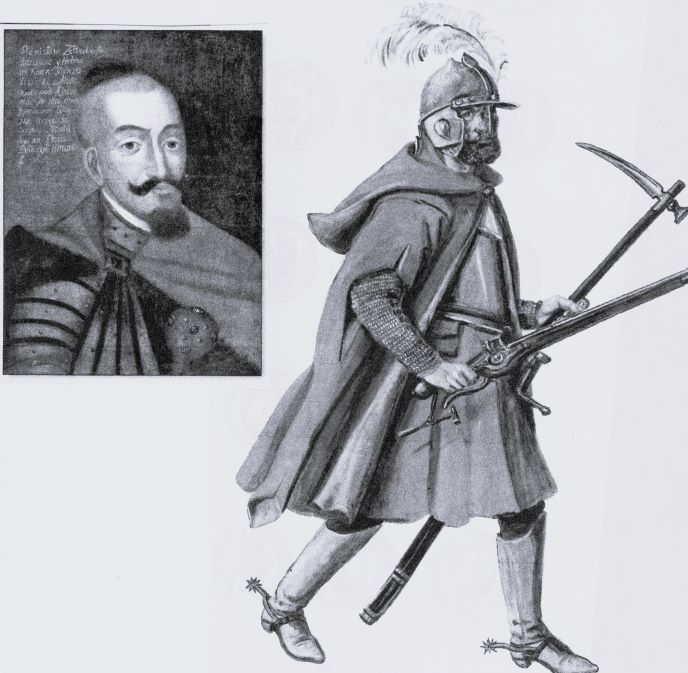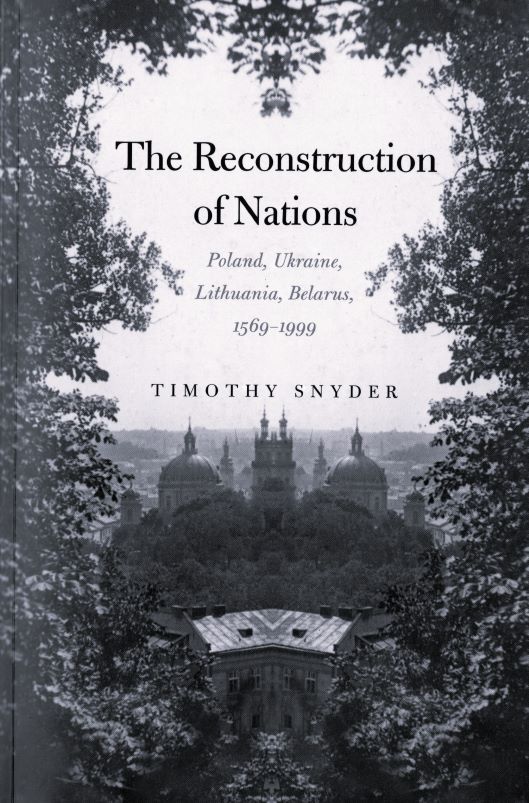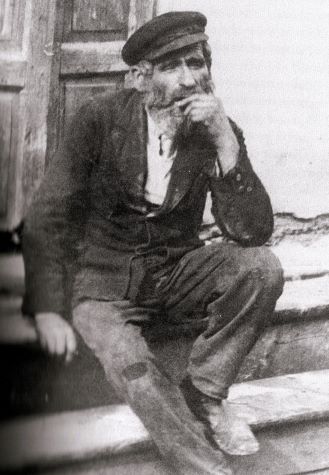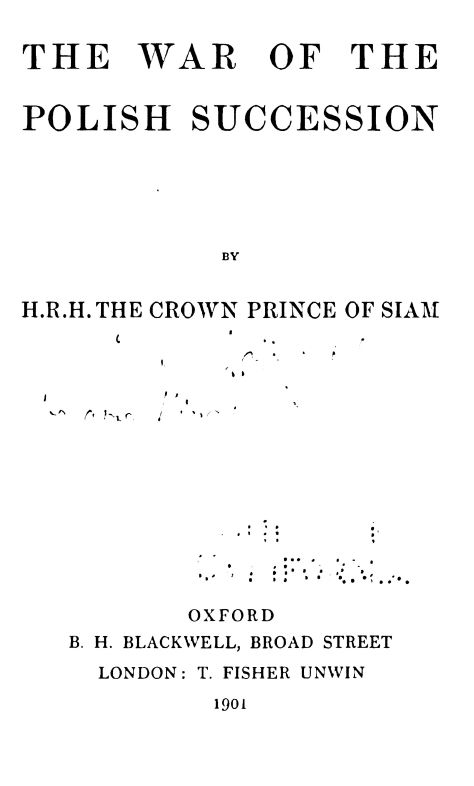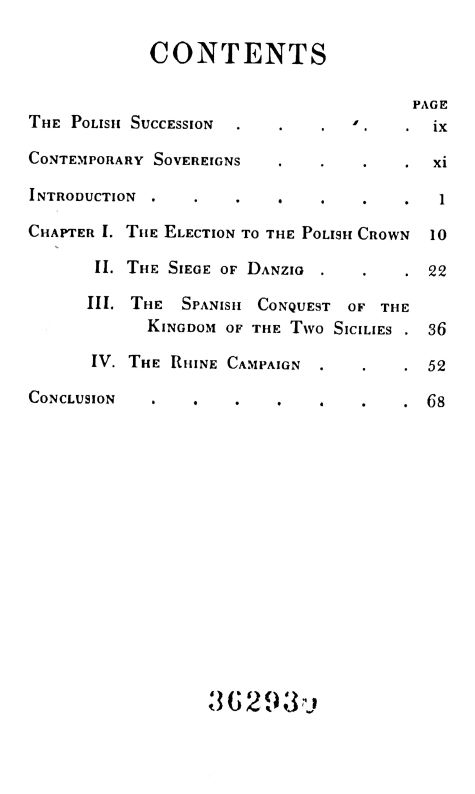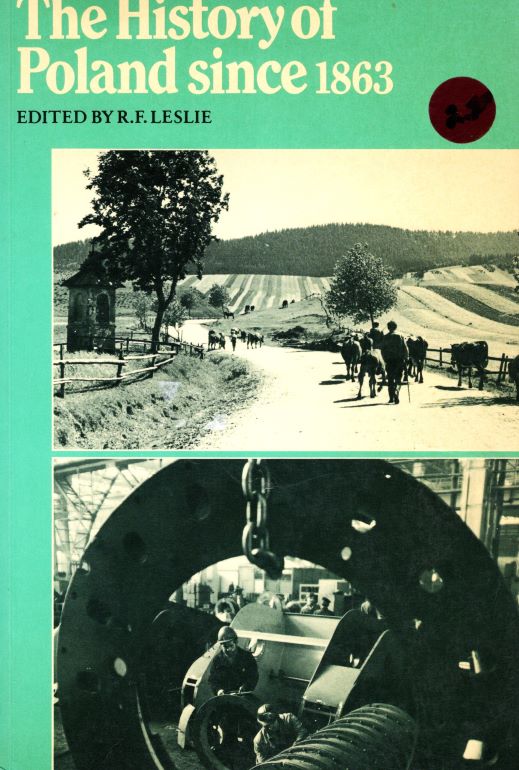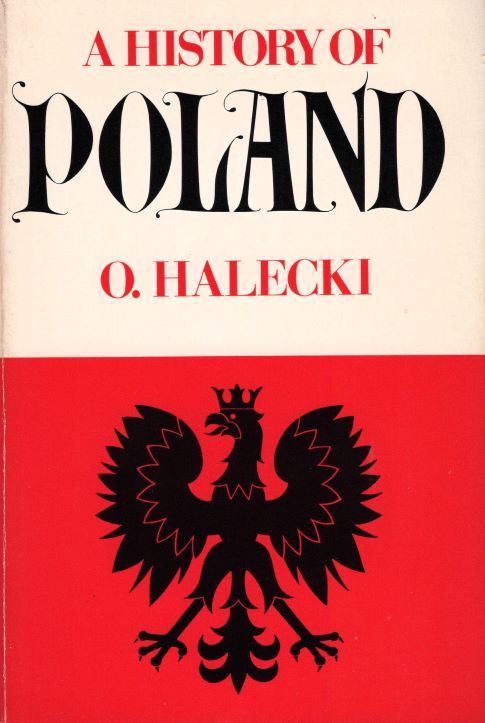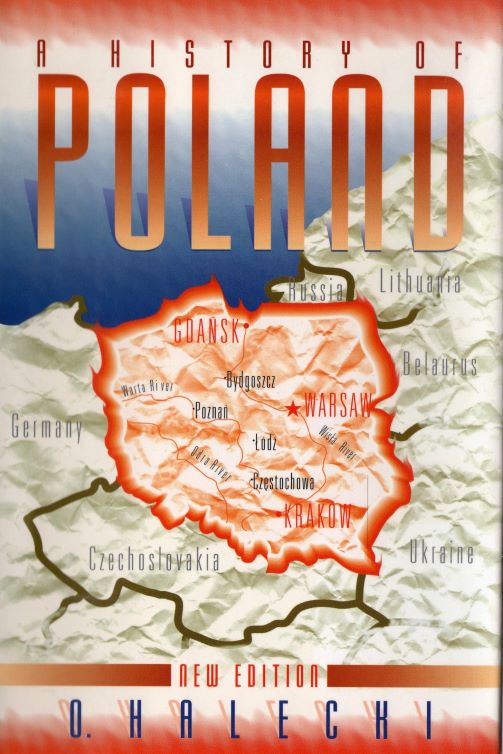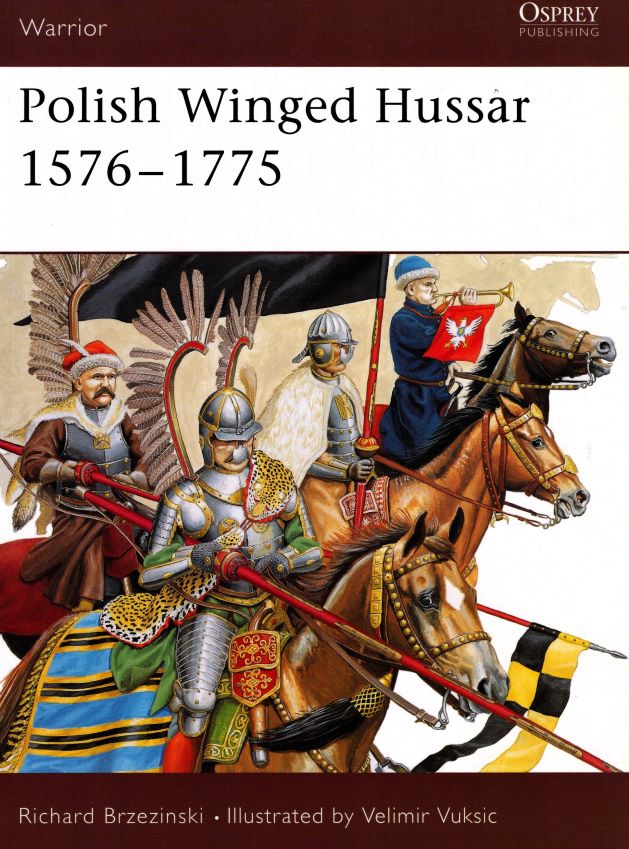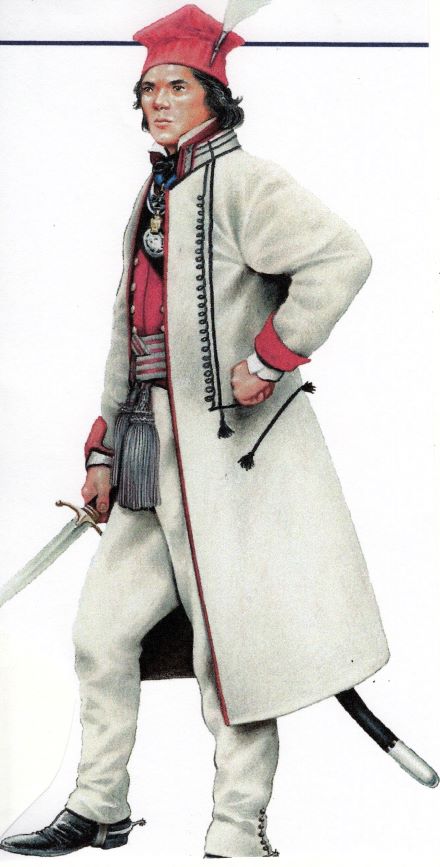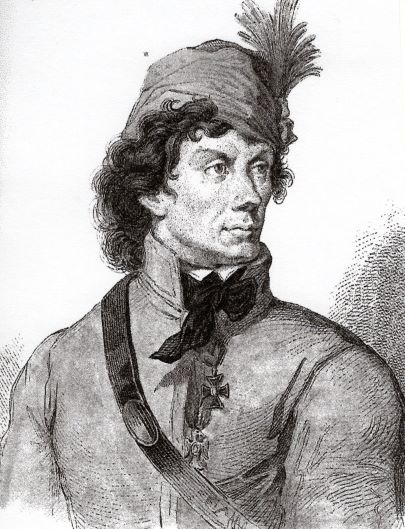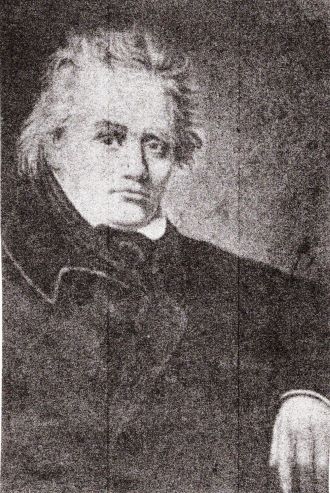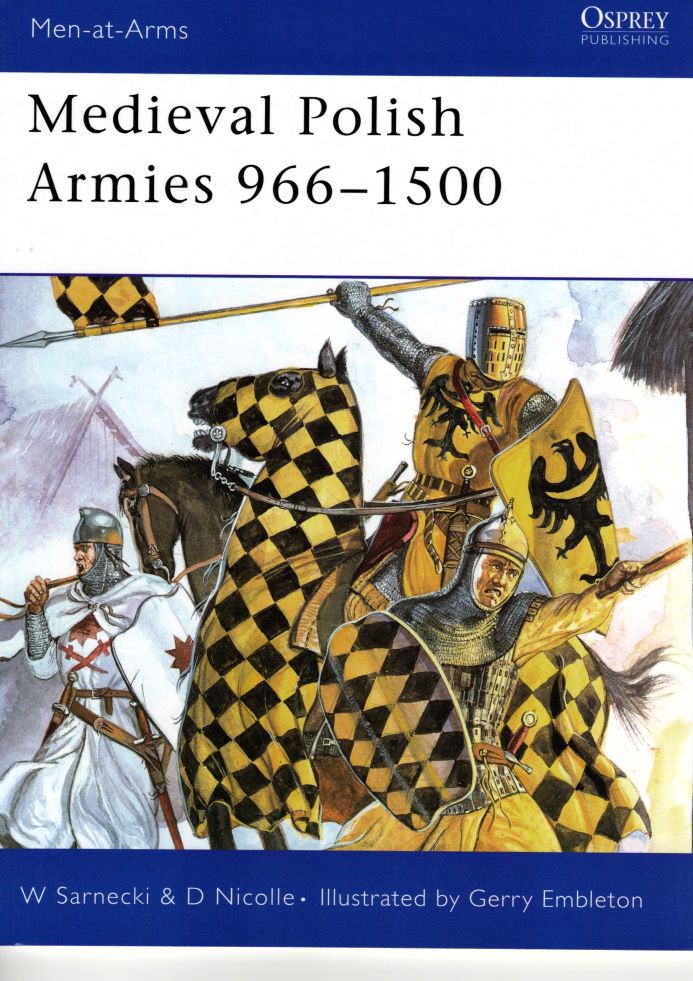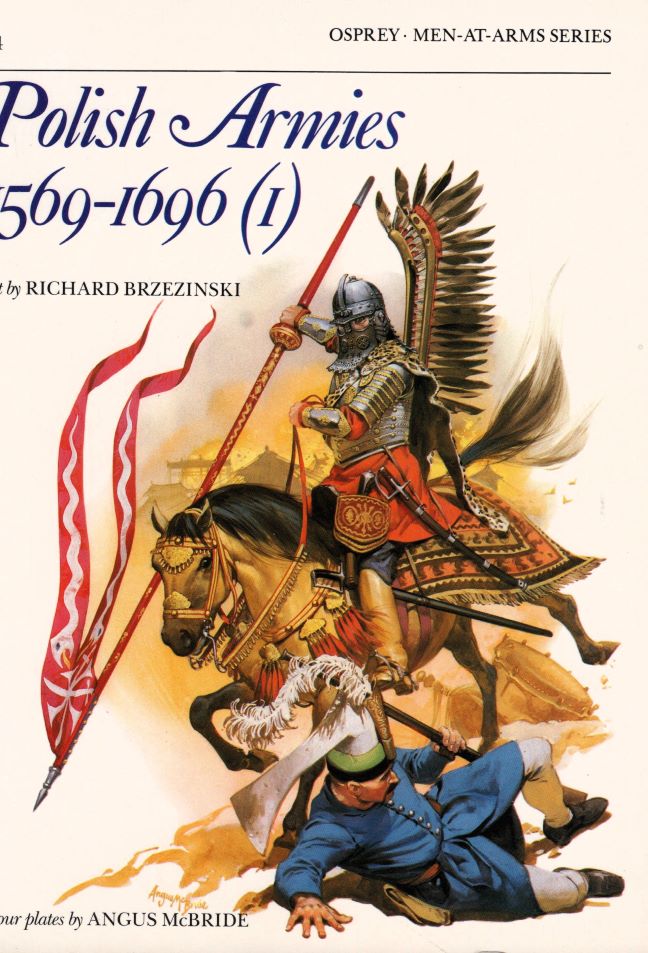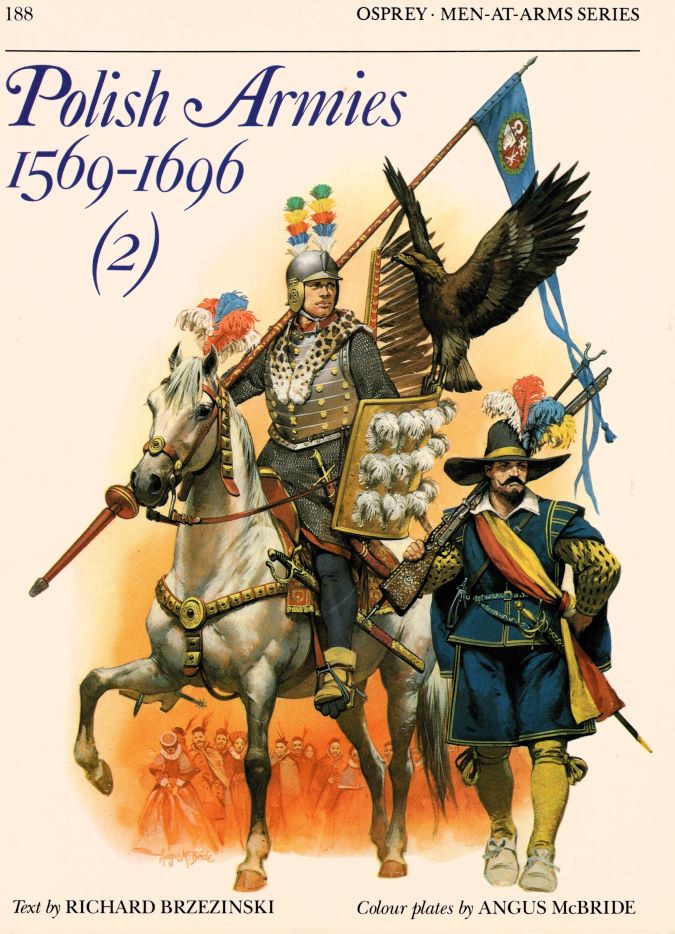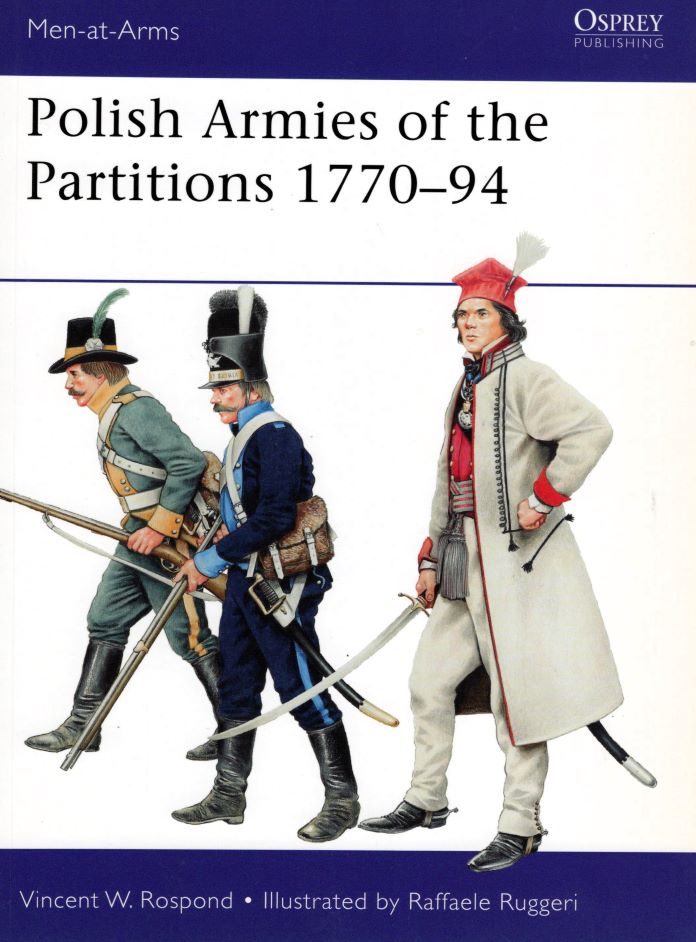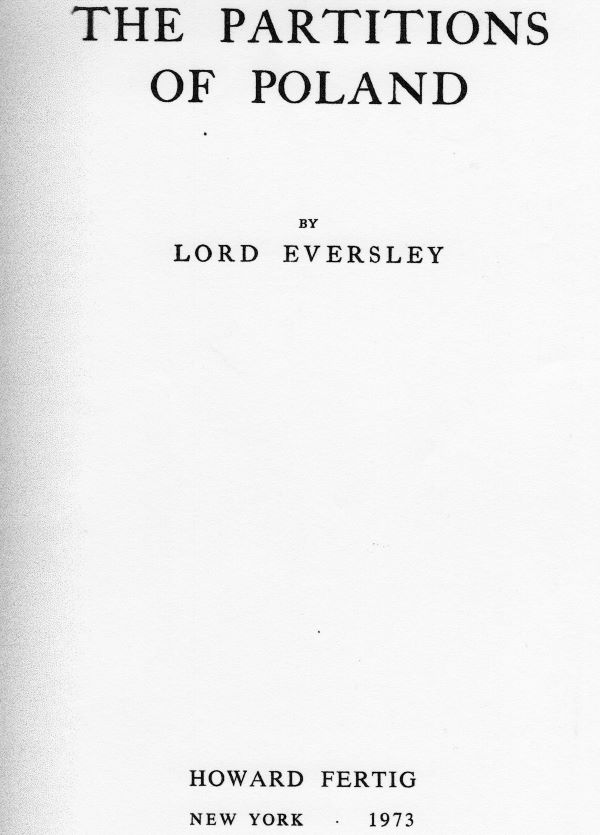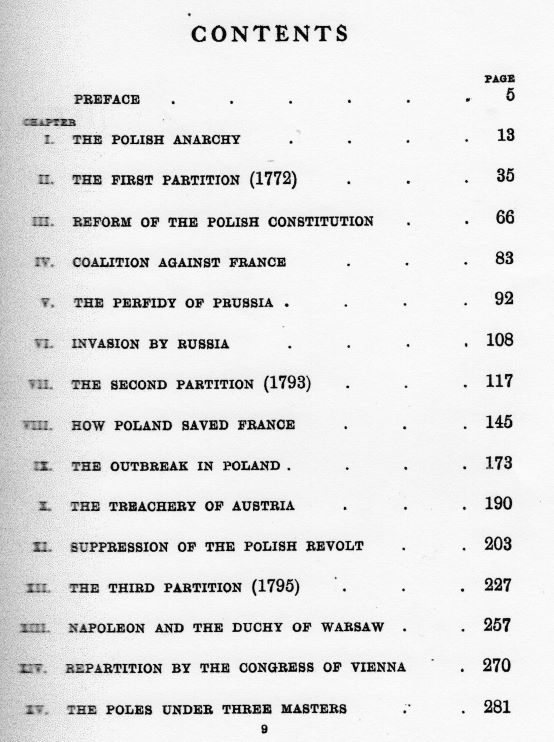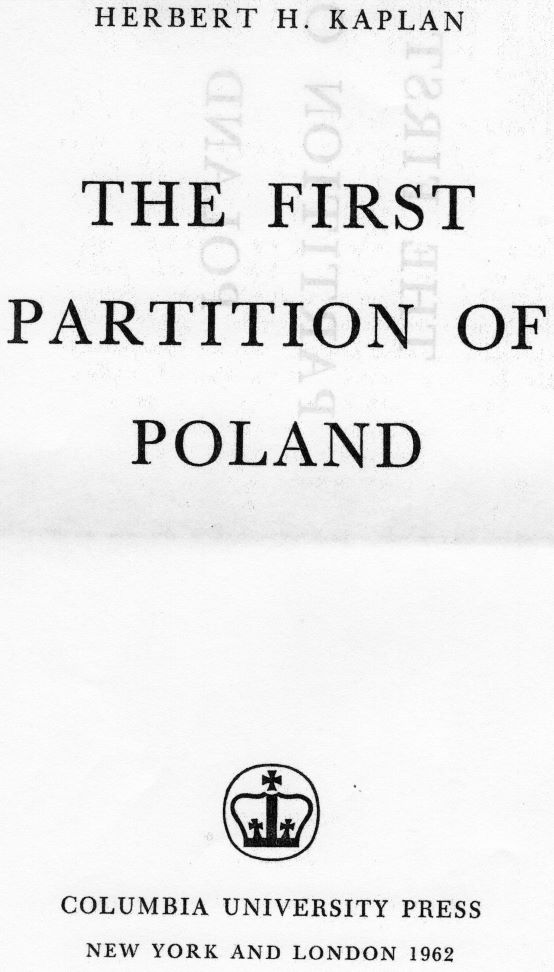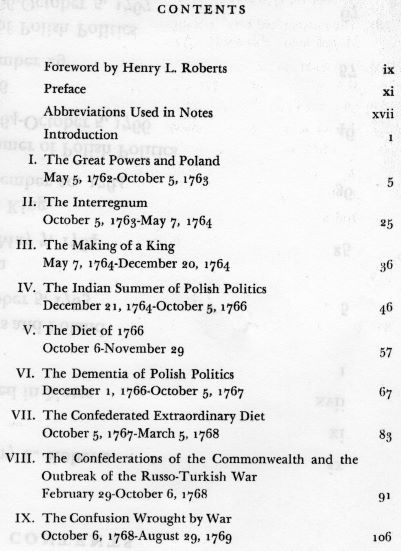marion kanawha
6 May 2024
History / Recommended Poland's history books [257]
There are some history books that I'm looking for in English. So far no luck finding anything.
Firstly is any book the covers the 1863 Revolution. Even if it's a section of another history book. A long as it covers the events in detail better than Wikipedia and other Google searches. I believe this event affected my family and caused some of them to come to America, France and Argentina. I want to know more about the mundane facts such as the serfs, opportunities, property, finances, economic growth, etc.
Secondly I don't see much coverage anywhere about the period from the election of the Saxon Augustus to the Silent Sejm (1717).
Basically this is the period of the Great Northern War. I would be willing to get a GNW history but there doesn't seem to be any available. Could someone refer me to an accurate GNW history? One that will cover all facets, not just Russia and Sweden. I don't even know a reliable GNW history. I could search libraries if I had a title and author. The best I've done is Wikipedia concerning the civil war fought in Poland during the GNW. I need to know more of the details such as who were the major players in this drama.
Any help would be appreciated.
For reference purposes.
I found a history book, in English, about the January Uprising (1863). It's a free download from Google Books because it's now copyright free to use.
THE RUSSIAN GOVERNMENT IN POLAND WITH A NARRATIVE OF THE POLISH INSURRECTION OF 1863, William Ansell Day, 1867.
Cannot find much about William Day. He produced very little output. His other work is THE PYTHOUSE PAPERS, 1879, about late 17th century English anti-Catholic hysteria, plots to assassinate Charles II, hanging Jesuits, etc., etc.
His Polish history seems to be very detailed. I have not read it yet.
There are some history books that I'm looking for in English. So far no luck finding anything.
Firstly is any book the covers the 1863 Revolution. Even if it's a section of another history book. A long as it covers the events in detail better than Wikipedia and other Google searches. I believe this event affected my family and caused some of them to come to America, France and Argentina. I want to know more about the mundane facts such as the serfs, opportunities, property, finances, economic growth, etc.
Secondly I don't see much coverage anywhere about the period from the election of the Saxon Augustus to the Silent Sejm (1717).
Basically this is the period of the Great Northern War. I would be willing to get a GNW history but there doesn't seem to be any available. Could someone refer me to an accurate GNW history? One that will cover all facets, not just Russia and Sweden. I don't even know a reliable GNW history. I could search libraries if I had a title and author. The best I've done is Wikipedia concerning the civil war fought in Poland during the GNW. I need to know more of the details such as who were the major players in this drama.
Any help would be appreciated.
For reference purposes.
I found a history book, in English, about the January Uprising (1863). It's a free download from Google Books because it's now copyright free to use.
THE RUSSIAN GOVERNMENT IN POLAND WITH A NARRATIVE OF THE POLISH INSURRECTION OF 1863, William Ansell Day, 1867.
Cannot find much about William Day. He produced very little output. His other work is THE PYTHOUSE PAPERS, 1879, about late 17th century English anti-Catholic hysteria, plots to assassinate Charles II, hanging Jesuits, etc., etc.
His Polish history seems to be very detailed. I have not read it yet.
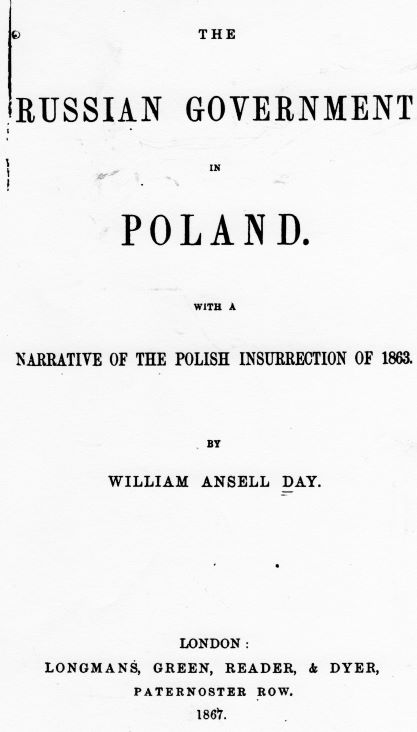
Title.jpg


